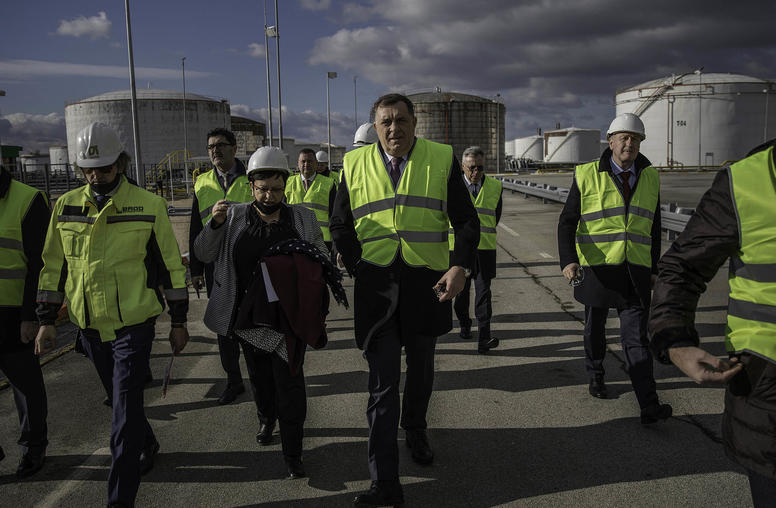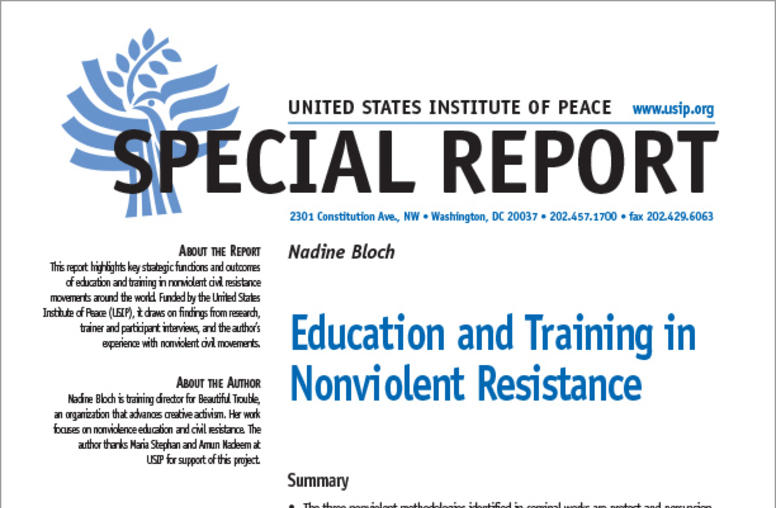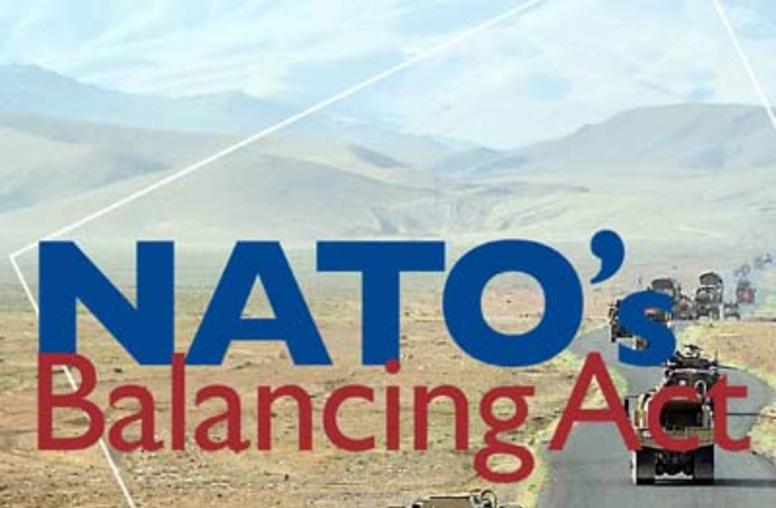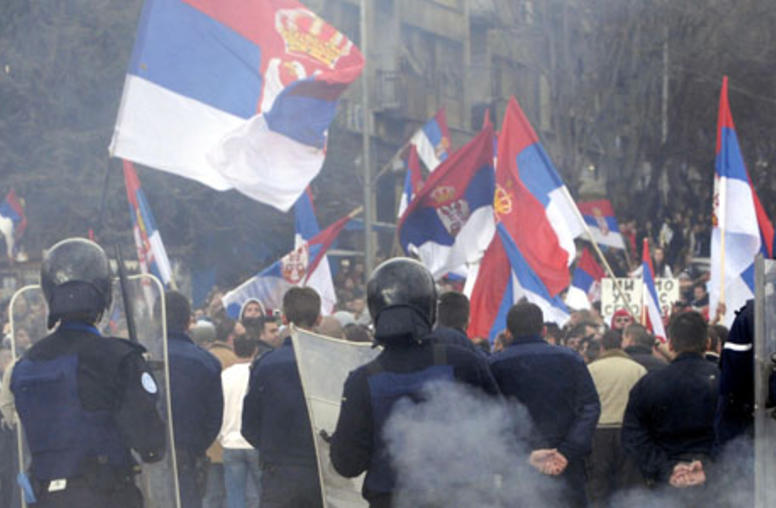Serbia: Between Past and Future
With the European Union recently suspending talks on closer ties with Serbia after Belgrade failed to hand over a key war crimes suspect, Serbia is entering a difficult period. With the referendum of Montenegro ending in favor of independence and amid talks for the future status of Kosovo, questions arise about Serbia's capability to overcome these challenges:
- Is Serbia prepared to do what is necessary for European integration?
- Will Serbia send Mladic to the Hague?
- What does Belgrade want in the Kosovo negotiations?
- What impact will Kosovo final status have on the balance of power in Belgrade?
Speakers
- Natasa Kandic
Founder and Director | Humanitarian Law Center, Serbia - Daniel P. Serwer, Moderator
Vice President | U.S. Institute of Peace



